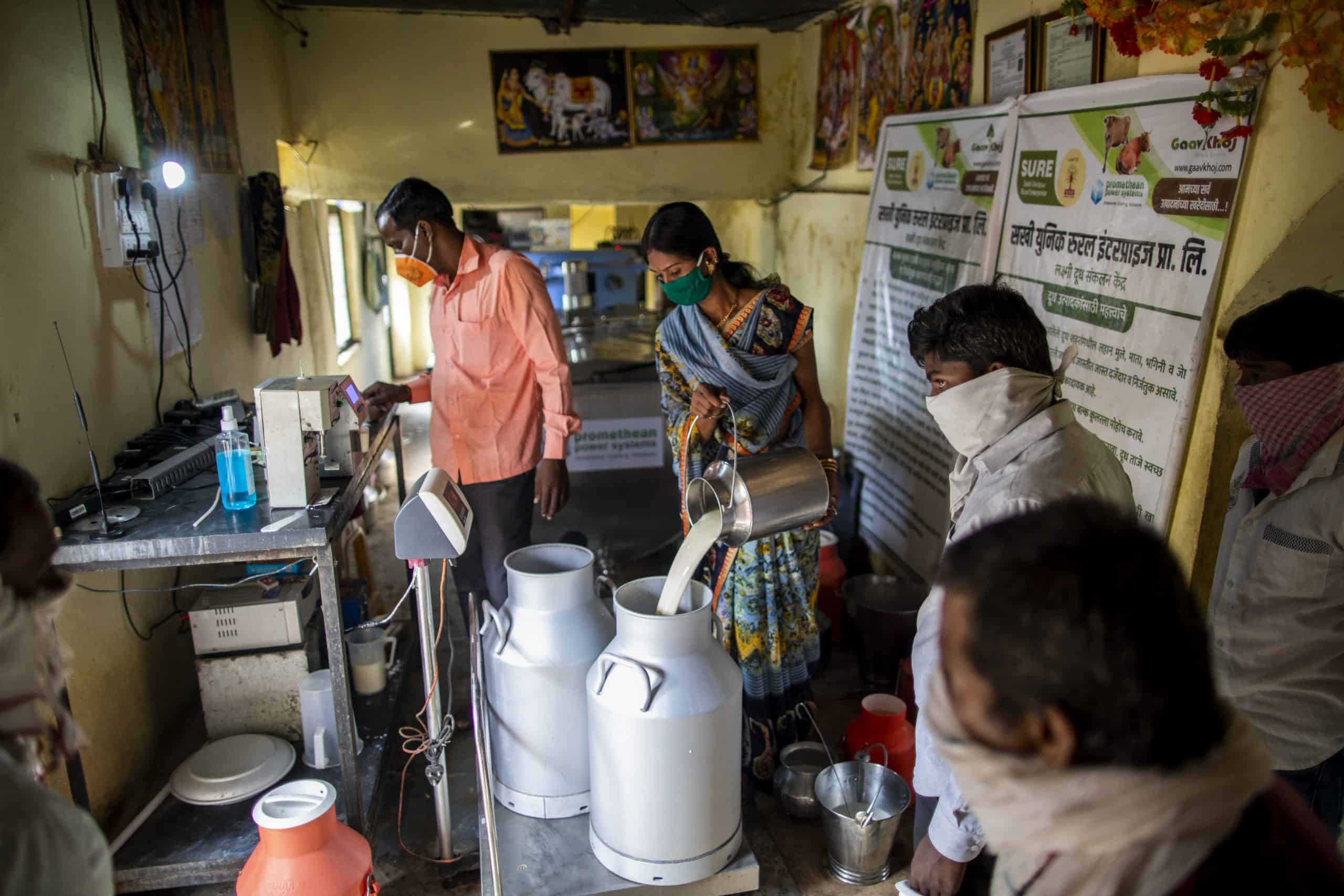This piece first appeared at Civil Society News
In a world of soaring temperatures, 2.2 billion people live without access to clean and efficient cooling. Dangerous heat threatens their health, rot their crops, and can make it impossible to work, study or even sleep indoors. The growing climate crisis will only make the problem worse.
People already marginalised by those in power – through poverty, or lack of rights – are most at risk. Sustainable cooling solutions exist but are unavailable or unaffordable to many people.
The scale of the challenge means widening access to cooling can’t be left to climate-focused organisations. This is a development issue affecting areas of concern of so many charities – areas such as physical and mental health, the fight for decent work, resilience, equality and gender rights.
The voluntary sector, governments, businesses and others must come together to widen access to sustainable cooling. Charities have a vital role in this process, helping diverse stakeholders move out of their comfort zones to help those in greatest danger, and boosting the community ownership and management of cooling solutions – without which, lasting change is impossible.
Our recent work has shown how this can be achieved, with important lessons for charities and grant-makers aiming to help others achieve social impact. We’ve produced a full analysis in our new report, Working Together for a Fairer, Cooler World.
Making co-development work
Last year we launched the Fair Cooling Fund, supported by the Kigali Cooling Efficiency Programme (aka K-CEP and managed by the Climate Works Foundation) – which has handed grants of up to $100,000 to seven diverse organisations in five countries, all tackling the cooling crisis. These organisations are using low-cost materials to keep homes cool, leasing solar-powered fridges and chilling equipment, and helping governments and mayors design naturally cooler neighbourhoods.
We helped these organisations build their plans through a co-development process, where their initial ideas were shaped and sharpened through collaboration and peer learning. Workshops, some involving outside experts, and creative devices such as empathy canvases and learning journals fuelled this journey.
For some organisations, particularly private businesses, an explicit focus on social impact and reaching the most marginalised was new territory. This led us to our first lesson – the importance of helping organisations understand the social change process they might create through their work.
Despite their enormous enthusiasm, some organisations were less familiar with concepts such as theories of change, and needed help to work in the language and models of social impact. At times this made it harder for us to get on the same page. Tackling misunderstandings early is key.
We also identified the immense, untapped potential of these organisations as storytellers. When it comes to elevating a ‘hidden’ issue such as the cooling crisis, the insights and links to affected communities offered by those working at the grassroots are extremely precious. But organisations might not have had much cause to share these stories before.
Building organisations’ storytelling capacity is critical. This could mean helping them dig out impact data, or working with them to find moving and revealing case studies of individual customers and service users.
To get the buy-in of organisations, it’s critical this upskilling is done in a way that will deliver direct benefits to them. These benefits might be of increased appeal to funders and investors, or visibility to policymakers they’ve identified as important to their mission.
Finally, we saw the need to be clear and decisive, respectful of the time and effort we were demanding of our partners. Working across sectors, cultures and time zones, ambiguity in our organisation and communication proved costly.
After inviting initial applications to the fund, we worked with organisations to turn their ideas into viable initiatives. We were driven by a desire not to ‘shut the door’ on any organisations until we absolutely had to, even if we had doubts about their pitch – hopeful their idea could be made into a fundable proposal. But in some cases, our good intentions may have kept organisations in the process with little prospect of receiving funding. A more clear-eyed assessment might have benefited everyone in the long run.
Does co-development work?
Feedback from our grant recipients tells us the process has been a success – helping them focus their efforts on social impact and reaching the most marginalised. We are delighted that all seven have rated the process so far as ‘extremely’ or ‘very’ worthwhile.
It’s wonderful to see their initiatives begin to come to life. This summer, affordable solar-powered refrigeration will boost small businesses in Ghana and food producers in India – while homes in urban neighbourhoods will benefit from the simple improvements that can slash temperatures, such as rooftop vegetation (or even a coat of white paint). Plans to cool communities in Egypt and Colombia through tree planting and the promotion of traditional building methods will move up a gear.
By working in partnership, we can scale up these solutions, and many others like them. Businesses are keen to deliver social impact – charities and grantmakers can help them do so.

